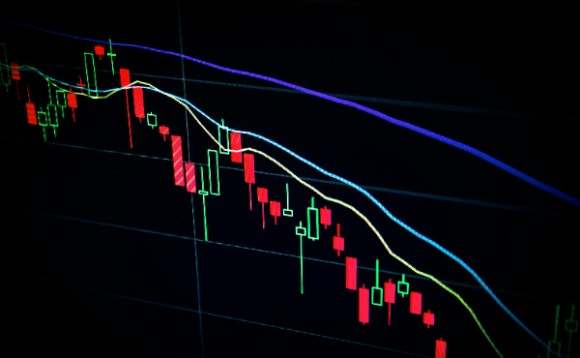
As the Trump administration’s tariff announcement and subsequent scale-back left markets reeling this week, UK partners—already having adjusted their predictions several times this year—have had to do so again.
Global markets took what could be mildly described as a tumble in anticipation of sweeping US tariffs, which, as of 11 April, have largely not materialised.
Despite the current pause, the ongoing trade war between the US and China continues to rattle global supply chains, with neither Washington nor Beijing appearing ready to blink first.
Even as the geopolitical game of checkers plays out, UK solution providers are left facing a key question: how do you plan long term when the global economy is being driven by 280-character declarations and overnight policy pivots?
For Richard Behan, commercial director at CAE Technology Services, the only viable strategy is to remain agile.
“The situation is very dynamic at the moment, so we will keep an eye on developments,” he says.
“Other factors like a more resilient supply chain following the pandemic will hopefully play their part in minimising the impact, but the continued ‘on’ or ‘off’ tariff decisions are helpful to no one.”
CAE isn’t rushing to rewrite its forecasts just yet, but the uncertainty has certainly sharpened its focus.
“Tariffs can be lifted at any time and the US has signaled its willingness to do some form of deal with the UK—our bilateral trade with the US is not insignificant,” Behan notes.
“Trump’s ninety-day tariff suspension takes us to the beginning of July, which hopefully gives time for these new trade deals to be agreed.”
He added: “We will keep a close eye on matters over the coming days and weeks, and make sure we remain close to our customers to help advise and work with them in these uncharted waters.”
Dave Stevinson, CEO of QBS Software and Prianto Distribution, says the software sector has, for now, been spared the worst.
“So far it is a ‘goods only’ move, and software and services have remained unscathed.
“The EU has the anti-coercion instruments sitting primed in their toolbox—the big question is, will they use them?”
But while some businesses may have sidestepped immediate damage, Stevinson warns against complacency.
“It is quite bizarre that very few of the macroeconomic rules are staying true, and the belief that the UK has got off lightly should benefit us in the long run with capital flows coming to the UK and EU equity markets which will drive the growth of large enterprises,” he says.
“So, in conclusion, from the perspective of QBS currently we have got away completely unharmed—but the level of unpredictability, volatility and potential retaliation is off the scale. We do not know yet how this will play out.
“Trump was serious—but will he stay the course?”
